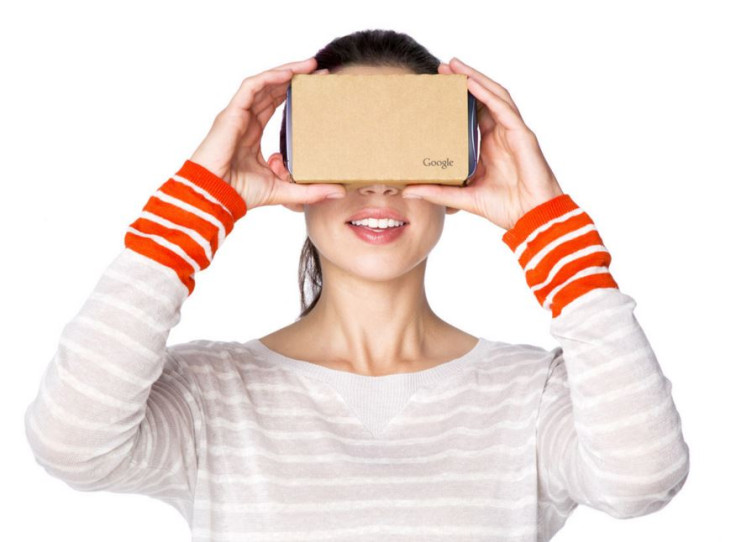Google working on stand-alone virtual reality headset

Google is developing a stand-alone virtual reality headset which, unlike its Cardboard or other VR products such as Oculus Rift, does not require a smartphone, a computer or a gaming console.
The headset will have a screen, a powerful processor and an outward-facing camera. Google is working with Movidius, a California-based startup that specialises in machine vision technology. The VR headset is expected to use the Movidius chip to track the motion of the wearer's head, people familiar with the matter told the Wall Street Journal.
Movidius announced its partnership with Google recently. Under the agreement, Google will source the Movidius processor alongside its entire software development environment. In turn, Google will contribute to Movidius's neural network technology roadmap.
It is not clear as to when Google is planning to launch the headset. While one source hinted at a 2016 launch, another dismissed the possibility as it is still in the early stages of development.
Apart from the VR headset, Google intends to release an even advanced version of its Cardboard. According to the Financial Times, this will feature a plastic viewer, a computer chip and sensors. It is expected at Google's annual developer conference in May. The company is said to be "retooling" its new Android operating system version for better compatibility of the devices with a wide range of Android phones.
Google's new additions to its virtual reality lineup will put it in direct competition with Facebook's Oculus Rift that is currently on pre-order at a suggested retail price of $599 and will start shipping from 28 March.
Virtual reality market
Google has shipped more than five million Cardboard devices since late 2014. Silicon Valley tech majors and Hollywood have invested billions of dollars in VR technology, considering its great potential in industries such as gaming, entertainment and education.
But mass adoption of the technology will take some time, as the high-end headsets, which are scheduled to hit the market this year require expensive computers, despite their affordability.
Apart from Google and Apple, other tech firms are also planning to introduce headsets that require PCs or consoles. Samsung, already a major player, has been selling its Gear VR, which is compatible with the Galaxy lineup such as Note 5, S6 or S6 Edge.
Apple is also turning its focus on the virtual reality segment. A secret team of experts is said to be working on its virtual and augmented reality headset.
© Copyright IBTimes 2025. All rights reserved.





















